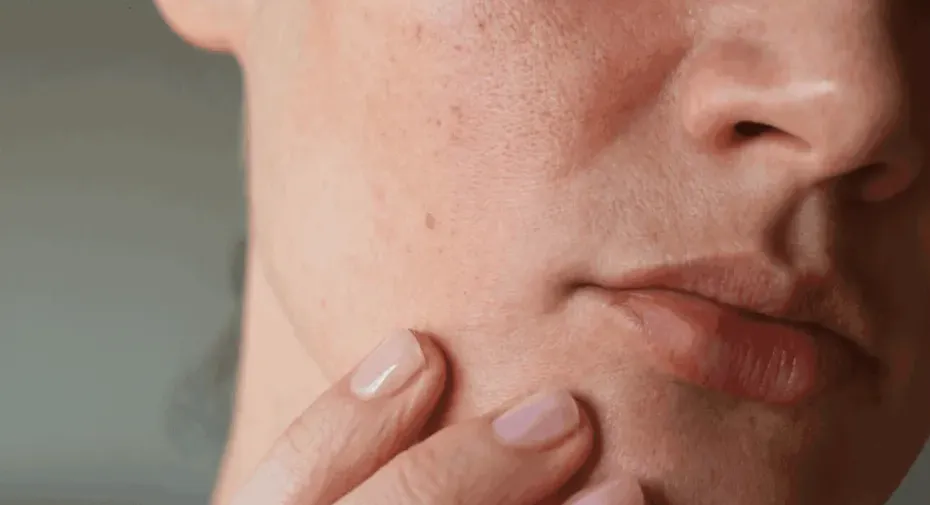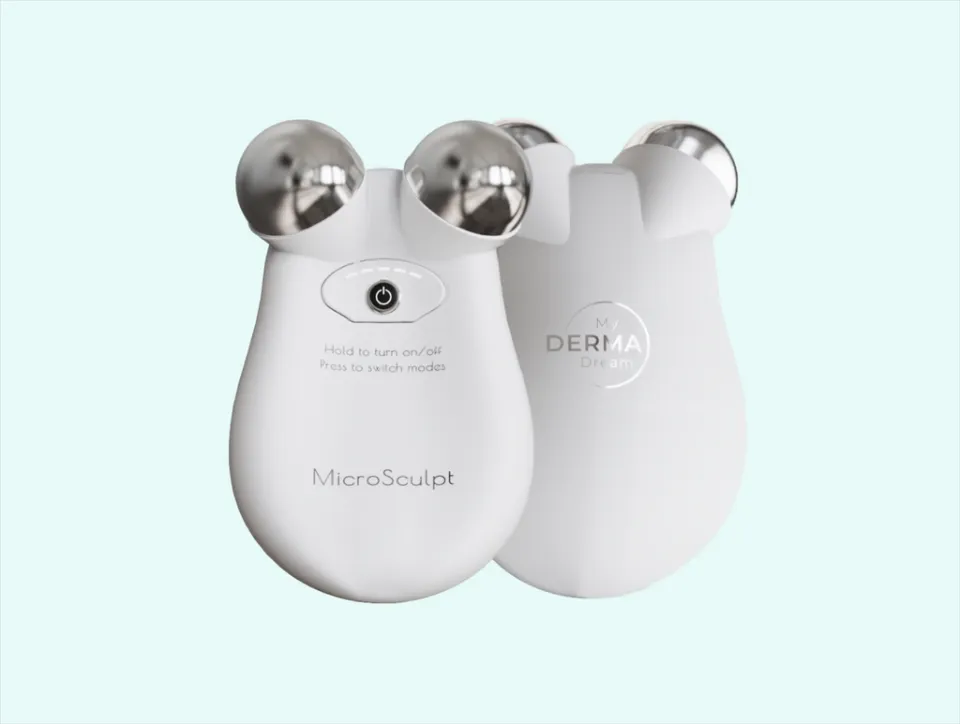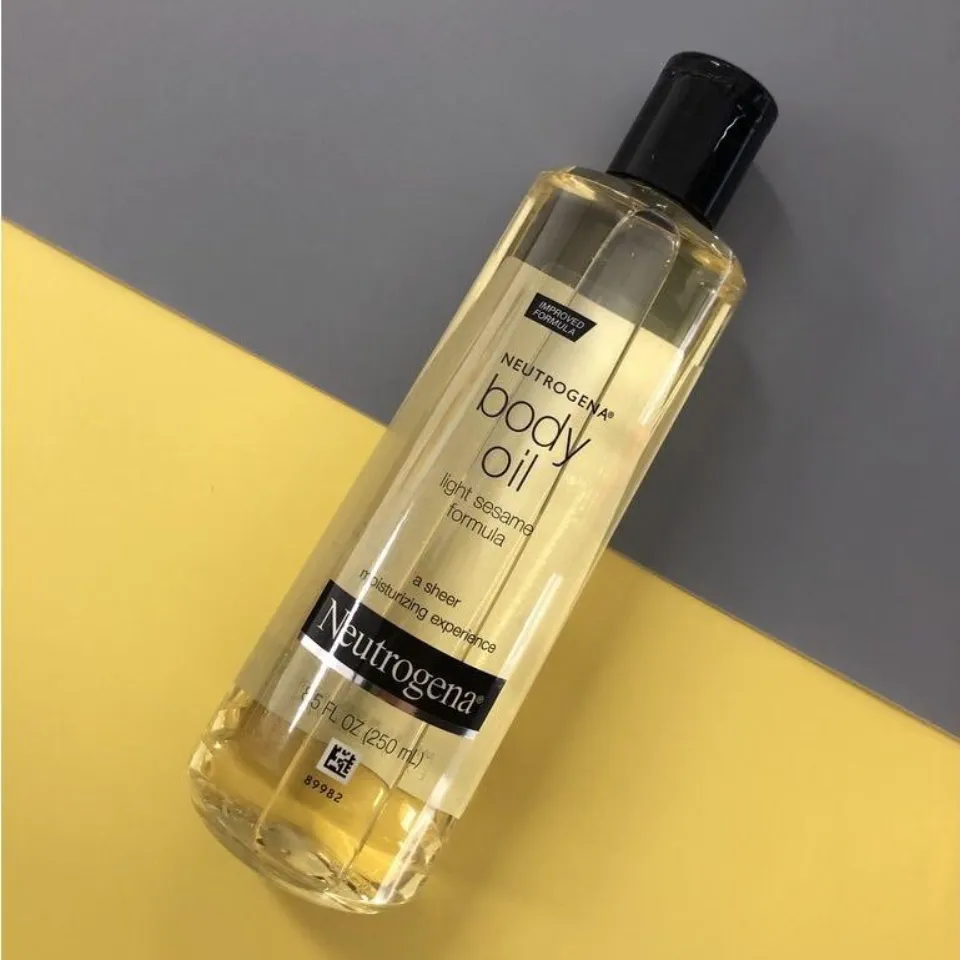Learn about how to hydrate face skin using helpful products and all-natural methods.
It can be especially beneficial to ensure that you keep your skin hydrated. Skin that has been properly hydrated will be much healthier and maintain a much better appearance. Many of the problems associated with dry skin can be alleviated by maintaining skin hydration.
Continue reading for 11 quick tips to help your face skin stay hydrated.
What is Skin Hydration?
Skin hydration is the process of treating skin with moisturizing products to keep the skin soft and supple. Dark circles under the eyes can appear, and dehydrated skin feels tighter and duller, has more wrinkles, and may have more.
Finding the right lotions and methods to keep your skin hydrated is crucial because dry skin can affect all skin types.

Though properly nourishing and hydrating skin involves more than just one step, moisturization is frequently the last in a skincare regimen.
You can decrease dryness and boost water retention with the right habits.
For more skin care tips, please continue reading:
How to Hydrate Face Skin?
Here are 11 derm-approved tips to keep skin moisturized.
1. Drink Plenty of Water
When you drink water, moisture is absorbed by your organs, including your skin. Moisture retention can be aided by drinking lots of water throughout the day and limiting consumption of diuretics like coffee and alcohol.
2. Use Hydrating Skincare Products

Water-based creams are recommended if you have dehydrated skin. If your skin is dehydrated, you need products that can deliver water through your skin.
Products with hydrating ingredients like urea, glycerin, hyaluronic acid, and ammonium lactate can keep skin moisturized.
Look for the following hydrating ingredients:
Hyaluronic Acid
helps to keep your skin hydrated and elastic by playing a key role. The skin-regenerating and anti-aging effects of hyaluronic acid’s water-binding qualities are both achieved.
Glycerin
Glycerin, a widely used component in the cosmetics industry, has hydrating qualities that can soothe dry and itchy skin. Because glycerin is a humectant, this occurs. In other words, it draws moisture from the environment to the skin’s surface.
Urea
Urea is yet another common component in dermatology products that softens and breaks down protein that has become hardened, giving your skin a smoother, less itchy finish.
Panthenol
The ingredient panthol enters the skin and provides the cells with moisture. Additionally, it avoids trans-epidermal water loss. This translates to better skin barrier functions because it stimulates cells that support them.
Ceramides
Similar to the cement that holds a building’s bricks together, these ingredients replenish skin. The barrier that protects and maintains the moisture of your skin is made up of and repaired by them.
3. Eat Foods Rich in Water
In addition to hydrating, fruits and vegetables have many other health benefits for your skin.
Vitamin C, which is essential to maintaining the texture of your skin, is abundant in citrus-based fruits like oranges and lemons and is packed with juice. Vitamin A and B3-rich foods are also crucial for enhancing the general health of your skin.
4. Avoid Very Hot and Long Showers
The barrier on your skin can be destroyed by a long bath, despite how paradoxical that may sound. Your skin could become dehydrated as a result of moisture and essential oils being lost. It is best to bathe in lukewarm water.
5. Pamper Yourself With Face Masks/Sheets

Face masks contain lots of hydrating components.
Your skin will remain supple and moisturized if you incorporate a hydrating face mask into your daily skincare routine. Dark circles and fine lines may also look less prominent.
6. Use Sunscreen.
Your skin may become dry from exposure to direct sunlight. Ninety-seven percent of all UVB rays can be blocked by wearing sunscreen with an SPF of 30 or higher, according to dermatologists. Aloe vera can be used to moisturize and soothe sunburned skin.
7. Exfoliate Regularly
By periodically sloughing off dead skin cells, you help to ensure the moisturizers you use absorb better—once or twice a week should suffice.
The skin barrier can be destroyed by more frequent mechanical exfoliation, which will also result in more dryness and irritability.
Exfoliate using a humectant ingredient, such as glycolic or lactic acid, to prevent moisture loss.
8. Invest in a Humidifier
Increased air humidity from running a humidifier in your bedroom or any other space you spend a lot of time in will prevent your skin from losing moisture.
The air in our homes tends to become extremely dry during the winter because of the heat being turned up to full-blast. This is why it is especially important during those months.
9. Reduce Intake of Caffeine
Caffeine and alcohol both work to dehydrate your skin by lowering its water content, which results in tightness and dehydration. To lessen their negative effects on your skin, keep your caffeine and alcohol consumption to two cups of coffee and one glass of wine, respectively.
10. Add Avocado to Your Diet
Your diet has a significant impact on how healthy your skin is. You can improve the health of your skin by including a variety of healthy foods in your diet. One of these healthy food additions to your diet is avocado.
If you consume avocados frequently, you can be sure that your diet now contains more beneficial fats. These good fats can help your skin retain moisture, which will greatly enhance its condition.
11. Moisturize
Your body loses a lot of moisture during the summer, so it’s critical to hydrate yourself internally.
In addition to consuming foods high in water and consuming enough water, make sure to regularly cleanse, tone, and moisturize before bed. You can include honey and milk in your skincare routine because they are excellent natural moisturizers.
You Might Also Like: How to Achieve Dewy Skin?
What Causes Dehydrated Skin?
Here are the most common reasons that cause your skin dehydrated.
1. Extreme Temperatures
The natural barrier of your skin can be harmed by extremely hot or cold temperatures. Even though it might be challenging to avoid them, make sure to keep your exposure to them to a minimum.
2. over Exfoliation
Overexfoliation can harm the natural moisture barrier of your skin. If you exfoliate your skin with harsh, abrasive products, the damage could be greater.
3. Aggressive Cleansers
The ability of your skin to retain moisture can be harmed by skincare products with harmful, caustic ingredients.
4. Air Conditioning
The health of your skin can be negatively impacted by air conditioning units’ reduced humidity. Dehydration is caused by the skin losing its ability to retain moisture due to a lack of humidity.
Conclusion: How to Hydrate Face Skin
The two most fundamental steps of nourishing your skin are hydration and moisturization. Hydrating your skin from the inside out is essential for maintaining its health, youth, and lack of wrinkles.
For year-round hydrated, healthy skin, add proper skincare practices, water-rich diets, and healthy lifestyle habits to the amount of water you drink.
FAQs
How to Hydrate Skin from the Inside?
- Spend 8 to 9 hours in bed.
- Use lukewarm water and cut down shower times to 5 to 10 minutes.
- Drink enough water.
What Hydrates Your Face Fast?
Unsurprisingly, drinking water is top of the list of things to do when it comes to hydrating the skin, but it’s also important to combine it with a healthy dose of essential fatty acids.
What Does a Dehydrated Face Look Like?
If your skin is dehydrated, it might appear sunken or shadowy—you’ll notice a dull tone to your skin, or dark circles under your eyes.




